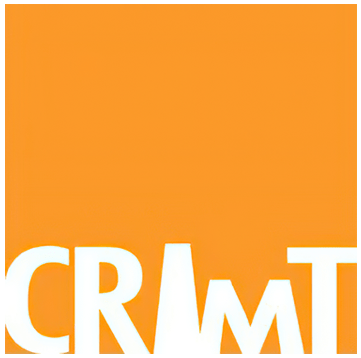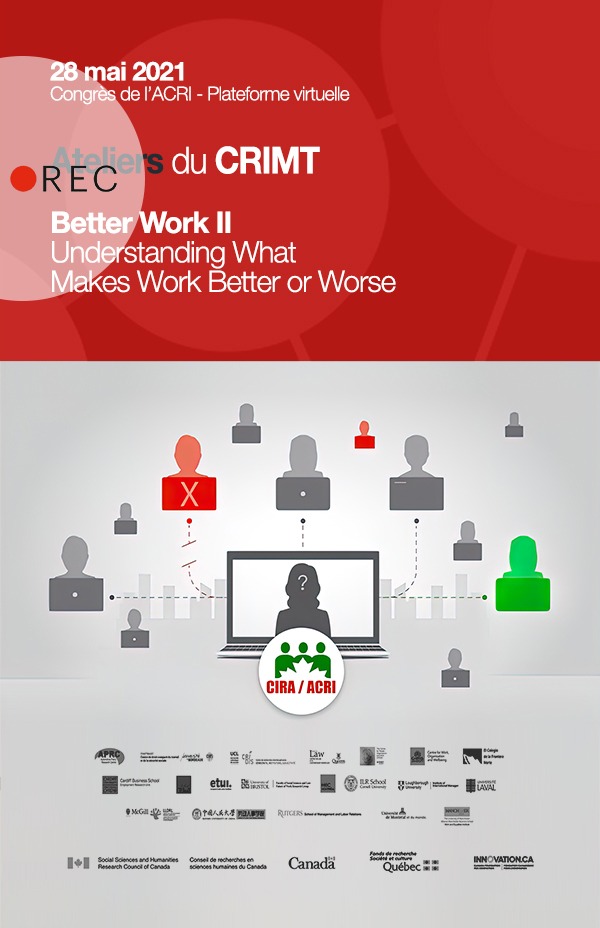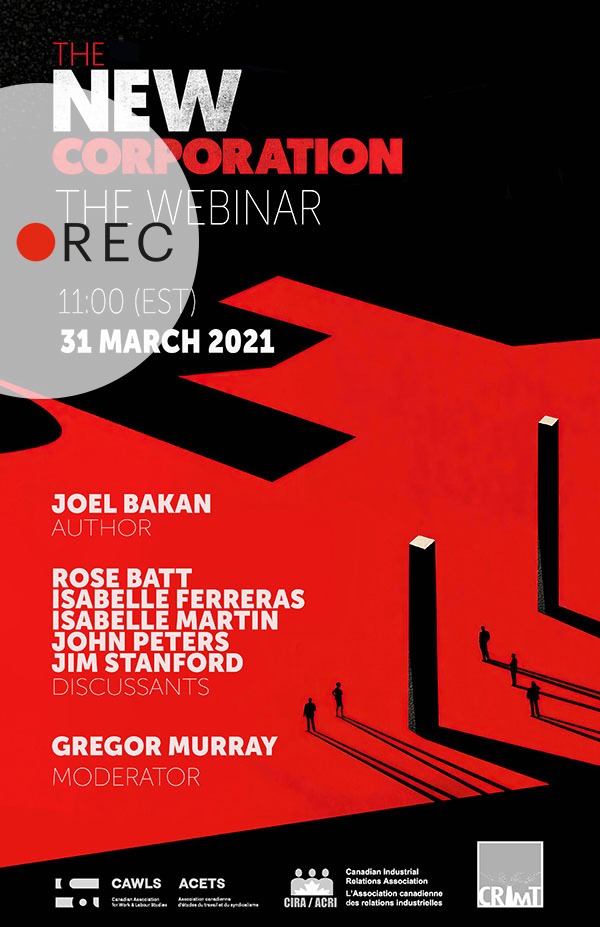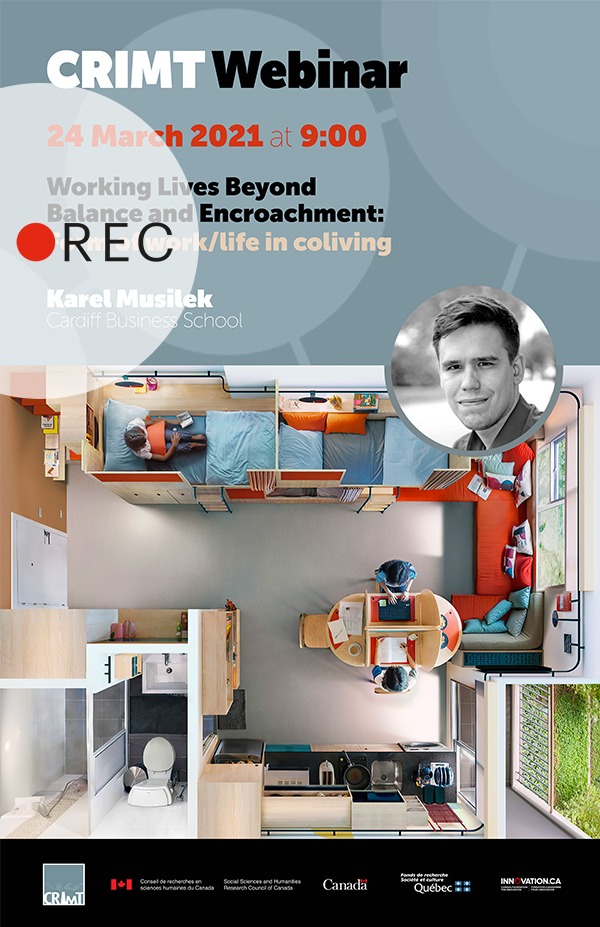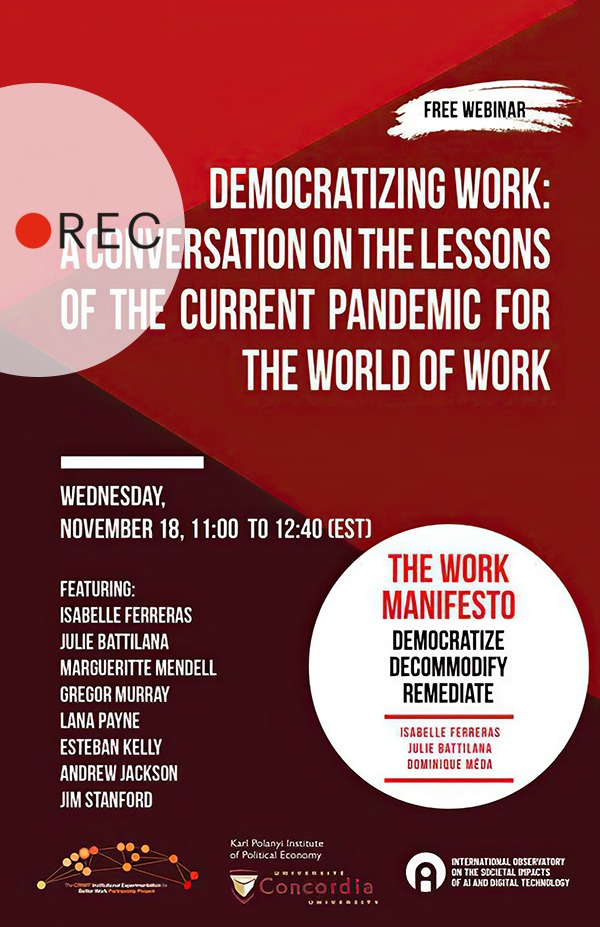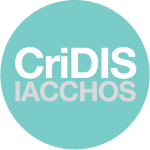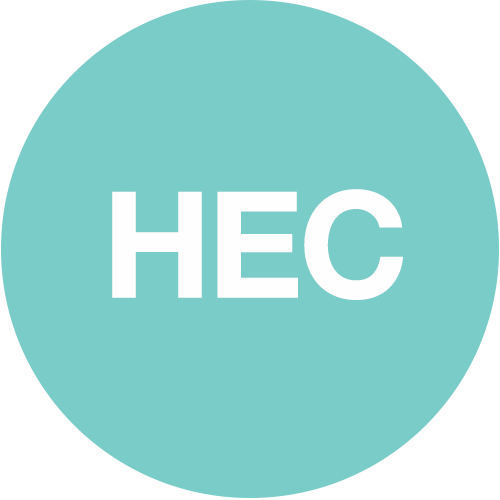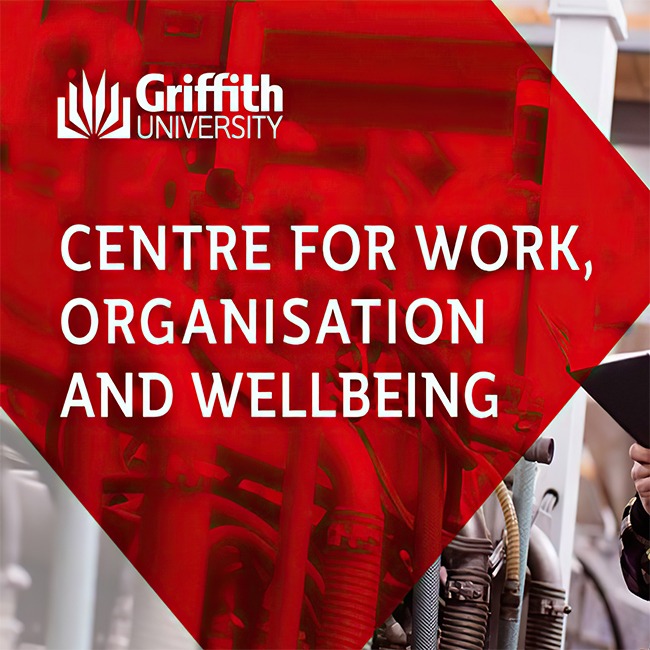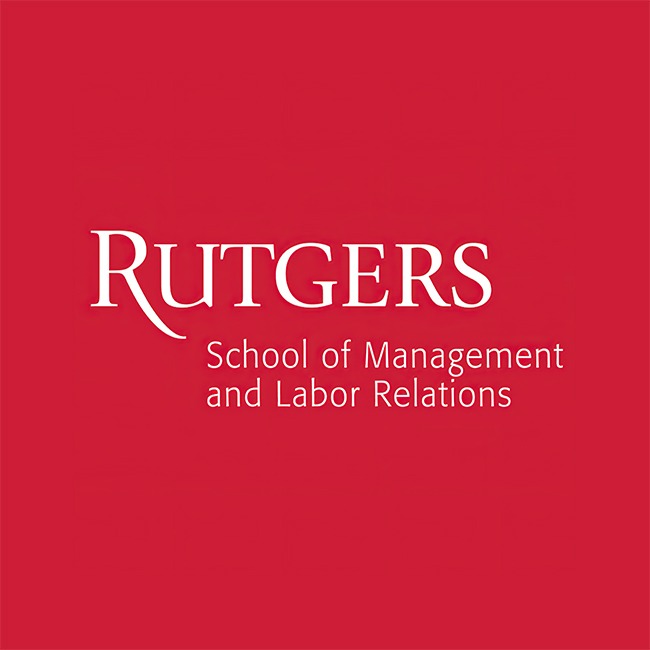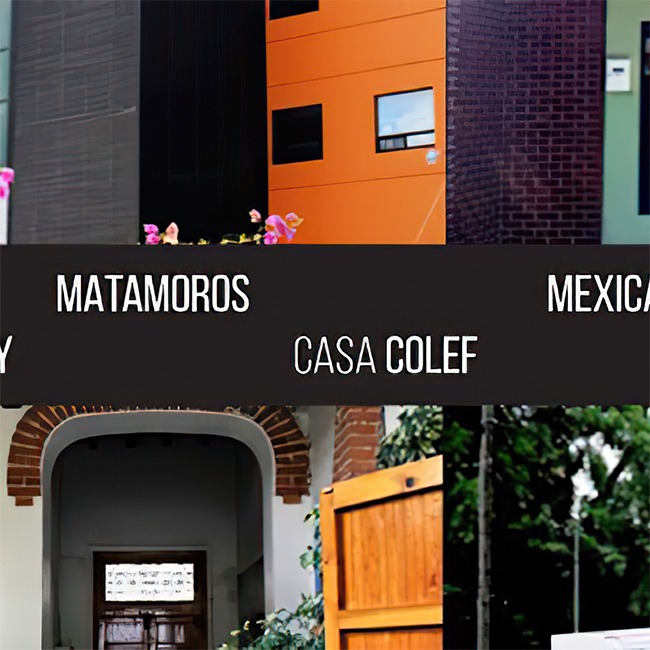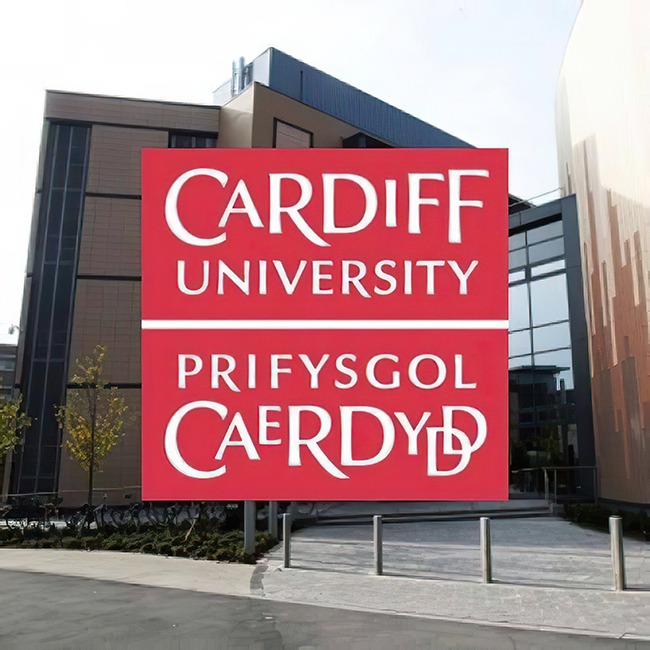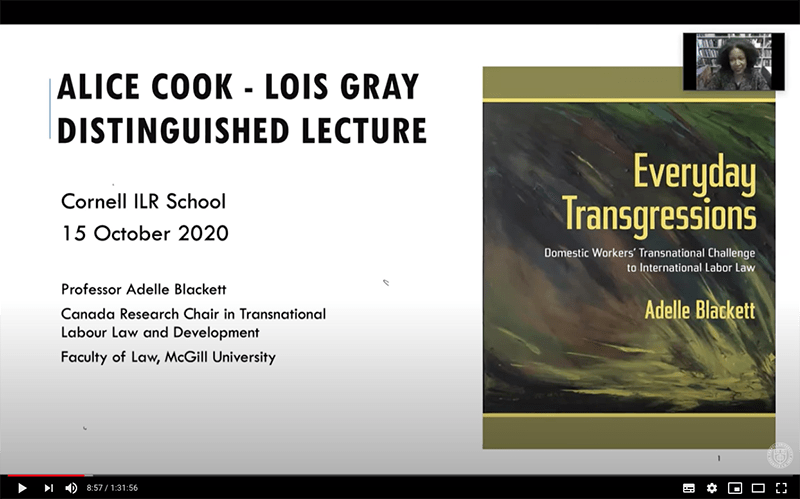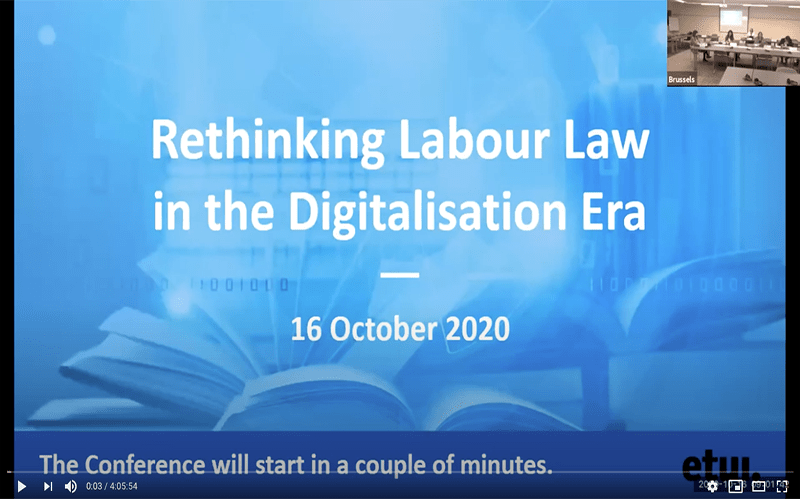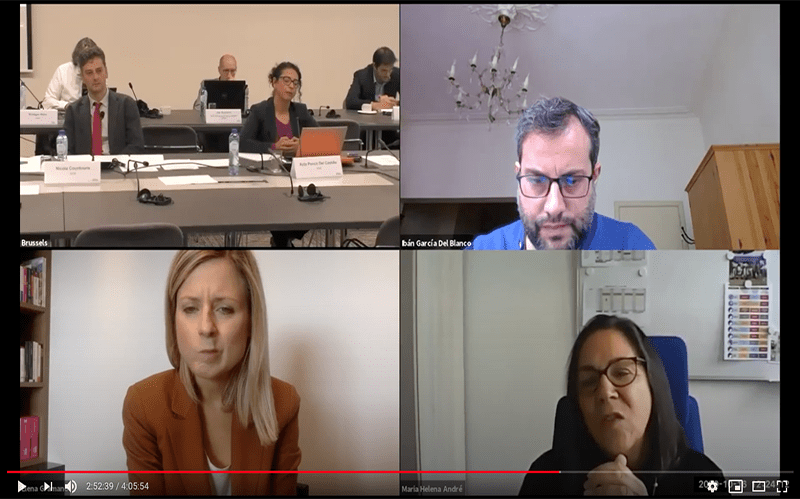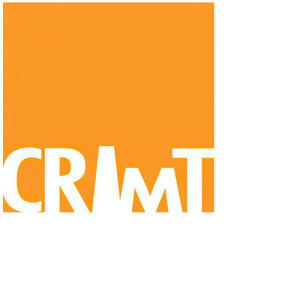Event Recordings
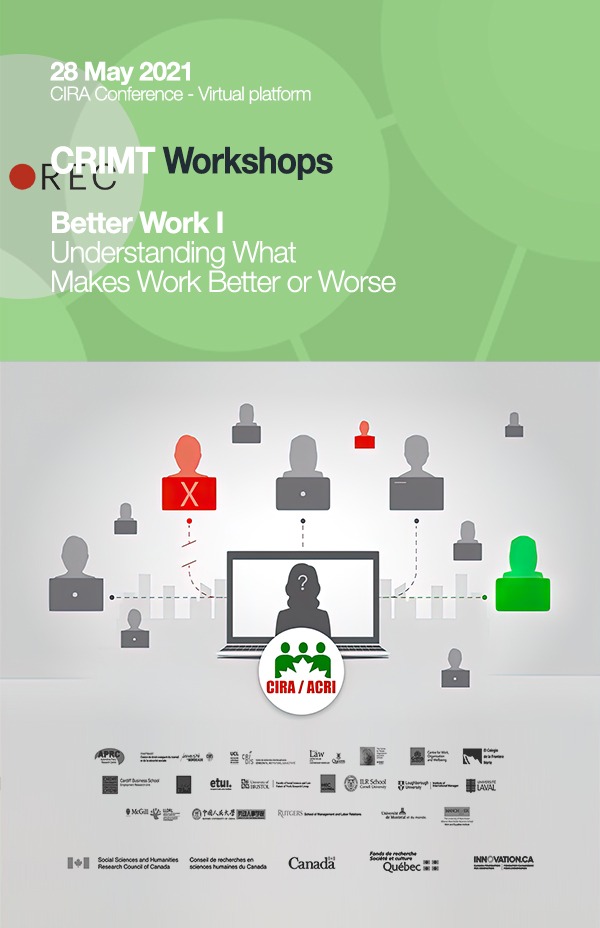
28 May 2021
Mélanie Laroche (Université de Montréal), Philippe Barré (Université de Montréal), Louise Boivin (Université du Québec en Outaouais), Urwana Coiquaud (HEC Montréal), Dalia Gesualdi-Fecteau (UQAM)
Better Work I : Understanding What Makes Work Better or Worse
With simultaneous interpretation
CRIMT, in collaboration with the Canadian Industrial Relations Association (CIRA), held two roundtables entitled Work: For Better or for Worse at the Association’s 2021 Conference.
Bringing together ten members of the CRIMT Partnership Project, these roundtables provided an opportunity to discuss how to think about better and worse work. Each panel featured the ideas of four researchers who drew on their research findings to address the issue.
The panelists answered a series of questions from a common grid covering three constituent dimensions of work: risk, whether economic, health or social; control or autonomy, i.e. the ability to exercise control over one’s work and its limits in relation to other aspects of one’s life outside of work; and expressiveness, i.e. the dimensions that relate to voice, as well as to the possibility of achieving one’s potential at work.
Moderator : Mélanie Laroche (Université de Montréal)
Philippe Barré (Université de Montréal)
Le travail des artistes professionnel.le.s au Québec
Louise Boivin (Université du Québec en Outaouais)
Le travail du ‘care’ rémunéré dans le secteur privé au Québec
Urwana Coiquaud (HEC Montréal)
Le travail sur plateformes numériques au Québec : le cas de UBER
Dalia Gesualdi-Fecteau (UQAM)
Le travail des ouvrier.è.s sylvicoles au Québec
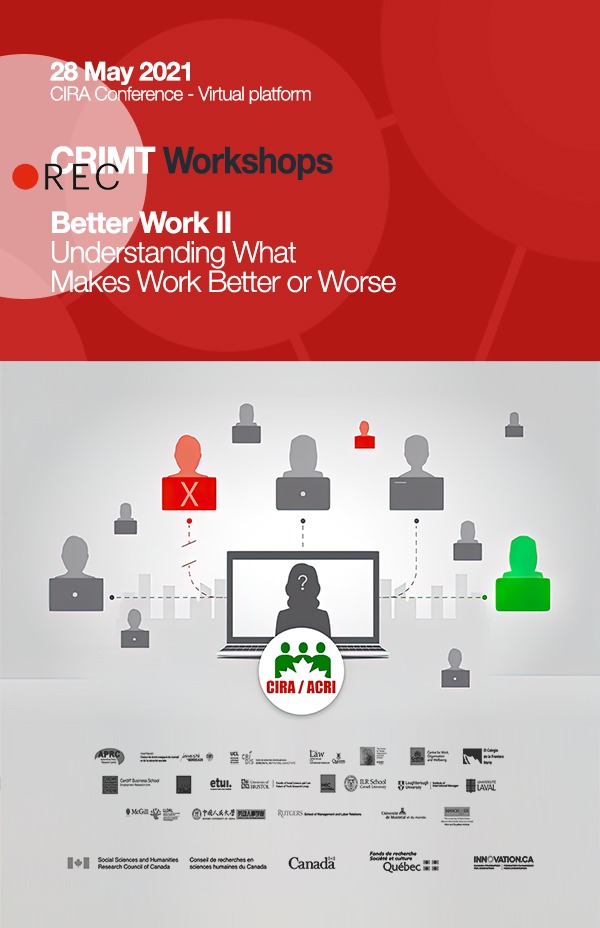
28 May 2021
Gregor Murray (Université de Montréal), Mat Johnson (University of Manchester), Valeria Pulignano (KU Leuven), Jim Stanford (Centre for Future Work), Olga Tregaskis (University of East Anglia)
Better Work II : Understanding What Makes Work Better or Worse
CRIMT, in collaboration with the Canadian Industrial Relations Association (CIRA), held two roundtables entitled Work: For Better or for Worse at the Association’s 2021 Conference.
Bringing together ten members of the CRIMT Partnership Project, these roundtables provided an opportunity to discuss how to think about better and worse work. Each panel featured the ideas of four researchers who drew on their research findings to address the issue.
The panelists answered a series of questions from a common grid covering three constituent dimensions of work: risk, whether economic, health or social; control or autonomy, i.e. the ability to exercise control over one’s work and its limits in relation to other aspects of one’s life outside of work; and expressiveness, i.e. the dimensions that relate to voice, as well as to the possibility of achieving one’s potential at work.
Moderator : Gregor Murray (Université de Montréal)
Mat Johnson (University of Manchester)
Valeria Pulignano (KU Leuven)
Jim Stanford (Centre for Future Work)
Olga Tregaskis (University of East Anglia)
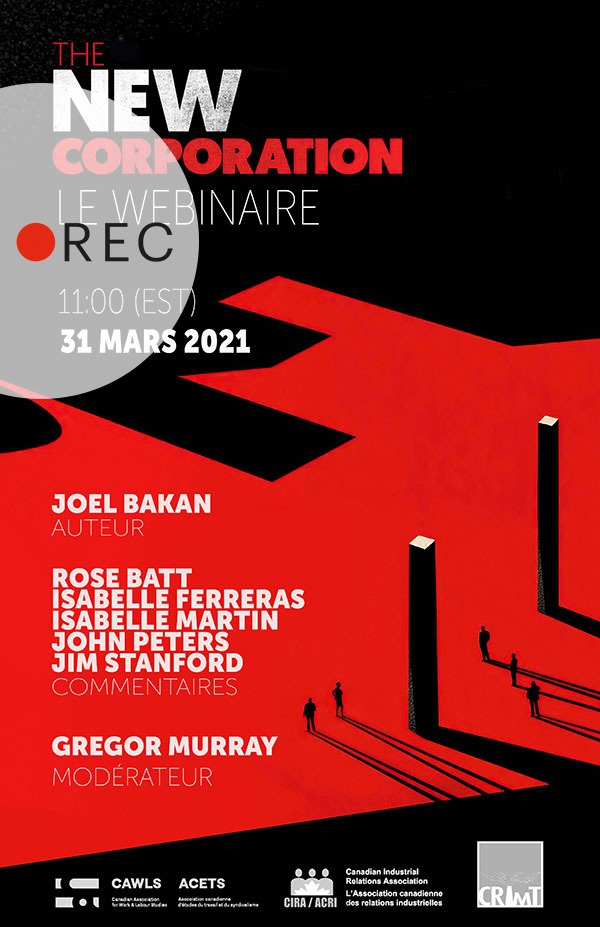
31 March 2021
Joel Bakan (University of British Columbia), Rose Batt (Cornell University), Isabelle Ferreras (UCLouvain), Isabelle Martin (Université de Montréal), John Peters (Laurentian University), Jim Stanford (Centre for Future Work), Gregor Murray (Université de Montréal)
The New Corporation. Le webinaire
With CEO compensation soaring, income inequality at all-time highs, the planet facing ecological disaster, and democracy in a precarious situation, Joel Bakan and Jennifer Abbott have again teamed up to make the movie The New Corporation: The Unfortunately Necessary Sequel. And, in printed form, from the author of The Corporation: The Pathological Pursuit of Profit and Power (2004) comes The New Corporation: How “Good” Corporations are Bad for Democracy (2020).
This cry for social justice, deeper democracy and transformative solutions merits close attention from researchers and actors in the world of work. This is why we convened a conversation in the form of a webinar on The New Corporation, which took place on Wednesday, March 31st. It was an opportunity to bring together the book author and movie co-creator, Joel Bakan, with a stellar cast of specialists in a dialogue about corporations, work and democracy.
This Conversation on The New Corporation was an initiative of the CRIMT Partnership on Institutional Experimentation for Better Work, in collaboration with the Canadian Association for Work & Labour studies (CAWLS) and the Canadian Industrial Relations Association (CIRA).
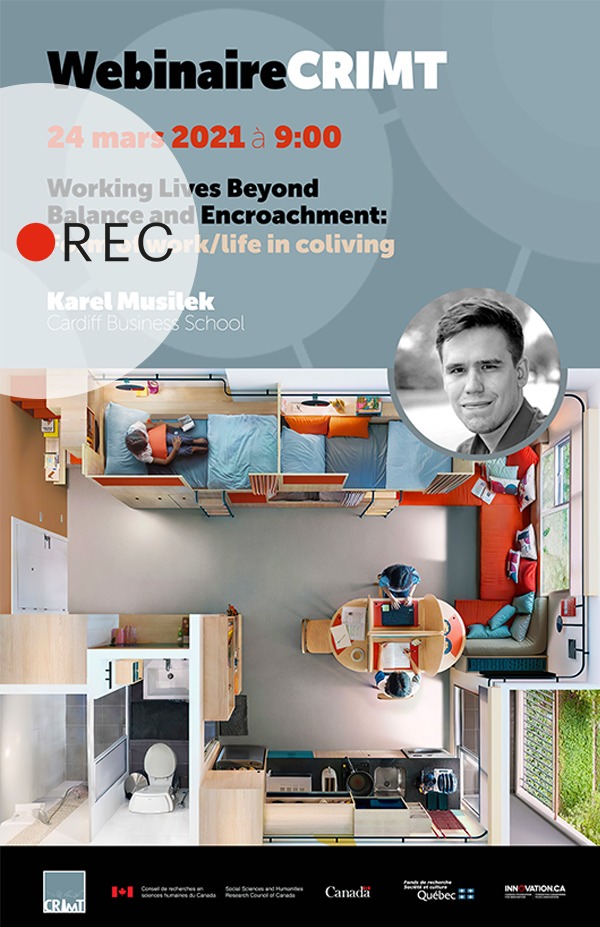
24 March 2021
Karel Musilek (Cardiff Business School)
Working Lives Beyond Balance and Encroachment: Form of work/life in coliving
Sociological discussion of working and economic lives has tended to focus on questions of work/life balance and encroachment of work into non-work life. While this research provides useful insights, it has insufficiently reflected the transformation to practices and socio-material arrangements of working lives. Yet, it is within these practices and arrangements where the important extensive demands and intensification of work are accommodated and reproduced.
To start rectifying this lacuna, the author draws on and extend the notion of ‘forms of life’ as a lens through which to conceptualize working lives, how they are shaped and what social practices and arrangements sustain them. He explores this issue through a unique ethnographic study of coliving – a new way of living and novel site of sociological investigation – which seeks to modify domestic and personal lives in lines with demands of extensive and intensive work and ideals of professional and entrepreneurial success.
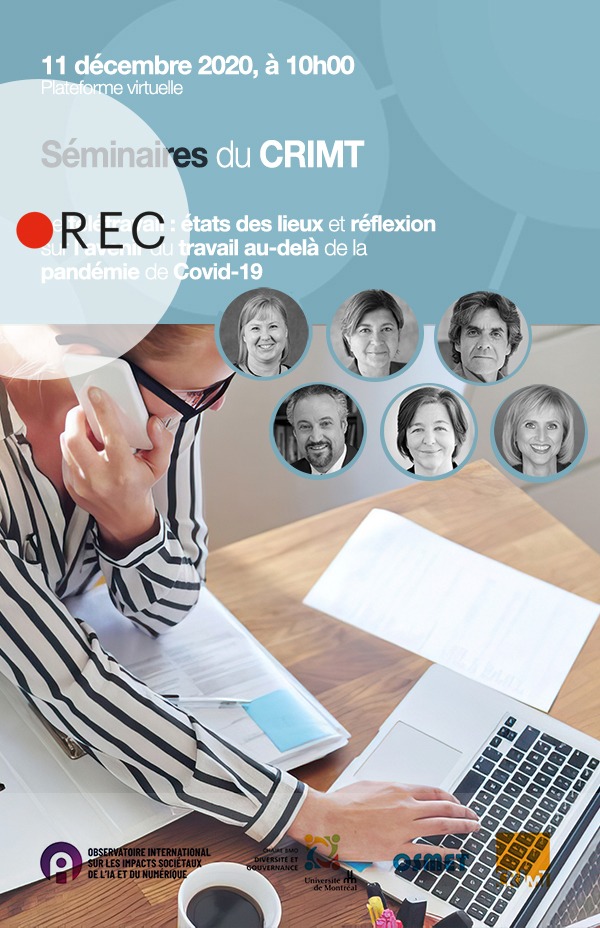
11 December 2020
Conference – discussion on telework [Held in French]
Conference on telework: state of play and reflection on the future of work
The Industry 4.0, Work and Employment Axis of the International Observatory on the Societal Impacts of AI and Digital Technology (OBVIA), in partnership with the the Inter-University Research Centre on Globalization and Work (CRIMT), the BMO-Diversity and Governance Research Chair and the Observatory on Health and Well-being at Work organized a conference-discussion on telework with researchers and labour market partners to take stock of the current situation and initiate reflection on the future of work.
Whether seen as a new way of organising flexible work, as a measure to increase productivity or as a means of preventing contagion, telework has suddenly become an unavoidable issue for workplaces. Between risks and opportunities, the current context of the pandemic offers a unique opportunity to examine the phenomenon in order to better understand the issues that surrounds it and to initiate a discussion on the kind of regulatory framework necessary in the post-Covid-19 era.
PRESENTATIONS OF WORK IN PROGRESS
Tania Saba, coresearcher at CRIMT, presented the results of an international study on telework in the context of the pandemic carried out as part of the BMO-Diversity and Governance Research Chair, with the financial support of OBVIA as part of the work on digital tools to combat the spread of COVID-19.
Alain Marchand presented the results of his research on the impact of telework on well-being at work (stress and mental health) based on surveys carried out before and during the pandemic.
PANEL DISCUSSION
These presentations were followed by a panel discussion with labour market partners who have experience with telework. Among other things, aspects to consider in planning for telework in a post-pandemic context were discussed, followed by an exchange with participants. This panel discussion consisted of:
Anne-Marie Hubert, Managing Partner for Quebec, Ernst & Young Canada, Francois Lamoureux, President, Comité consultatif du travail et de la main d’oeuvre, Ministère du Travail, de l’Emploi et de la Solidarité Social, Manon Poirier, Executive Director, Ordre des conseillers en ressources humaines agréés du Québec.
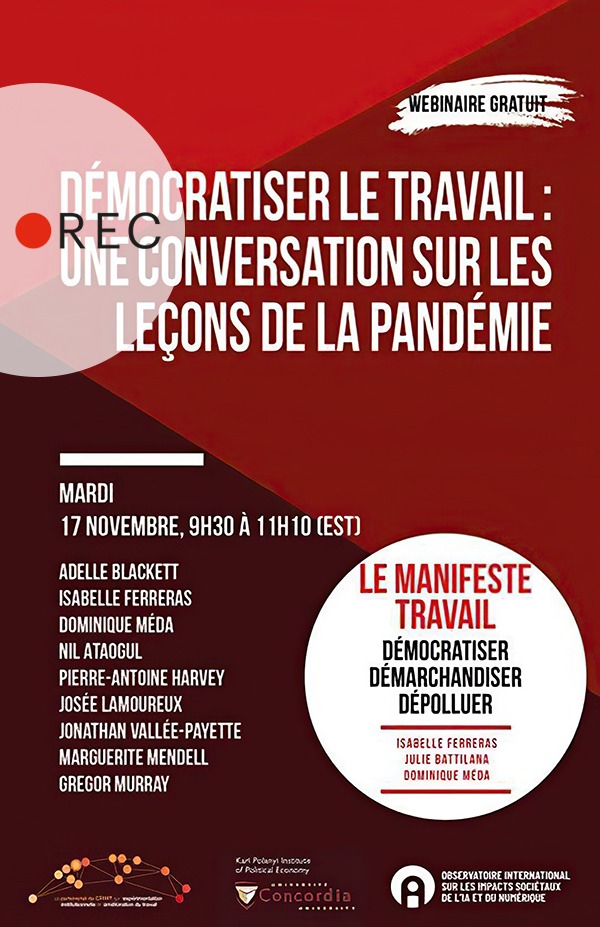
18 November 2020
Webinar
Democratizing Work: A Conversation on the Lessons of the Current Pandemic for the World of Work
“Working humans are so much more than ‘resources’”. This is one of the central lessons of the current crisis. So begins a manifesto drafted in the spring of 2020 in response to the Covid-19 pandemic, which argues that work needs to be democratized, de-commodified and made sustainable. The Manifesto has been translated in multiple languages and supported across the globe.
This conversation on Democratizing Work, which took place on November 18th, was an opportunity to bring together its authors with leading representatives and specialists from the world of work in a dialogue about the Manifesto and current priorities for the pandemic and beyond.
Authors of the Manifesto present:
Julie Battilana (Harvard University)
Isabelle Ferreras (CriDIS-UCLouvain)
Discussants:
Lana Payne (UNIFOR)
Andrew Jackson (Broadbent Institute)
Esteban Kelly (U.S. Federation of Worker Cooperatives)
Jim Stanford (Centre for Future Work)
Moderators:
Margie Mendell (Université Concordia)
Gregor Murray (Université de Montréal)
This Conversation on Democratizing Work was an initiative of the CRIMT Partnership on Institutional Experimentation for Better Work, the Karl Polanyi Institute of Political Economy, and the Industry 4.0, Work and Employment of the International Observatory of the Societal Impacts of AI and Digital Technology.

17 November 2020
Webinar [held in French]
Démocratiser le travail: une conversation sur les leçons de la pandémie
“Working humans are so much more than ‘resources’”. This is one of the central lessons of the current crisis. So begins a manifesto drafted in the spring of 2020 in response to the Covid-19 pandemic, which argues that work needs to be democratized, de-commodified and made sustainable. The Manifesto has been translated in multiple languages and supported across the globe.
This conversation on Democratizing Work [held in French], which took place on November 17th, was an opportunity to bring together its authors with leading representatives and specialists from the world of work in a dialogue about the Manifesto and current priorities for the pandemic and beyond.
Authors of the Manifesto present:
Adelle Blackett (LLDRL-Université McGill)
Isabelle Ferreras (CriDIS-UCLouvain)
Dominique Méda (IRISSO-Université Paris Dauphine)
Discussants:
Nil Ataogul (TUAC)
Pierre-Antoine Harvey (CSQ)
Josée Lamoureux (CSN)
Jonathan Vallée-Payette (FTQ)
Moderators:
Margie Mendell (Université Concordia)
Gregor Murray (Université de Montréal)
This Conversation on Democratizing Work was an initiative of the CRIMT Partnership on Institutional Experimentation for Better Work, the Karl Polanyi Institute of Political Economy, and the Industry 4.0, Work and Employment of the International Observatory of the Societal Impacts of AI and Digital Technology.
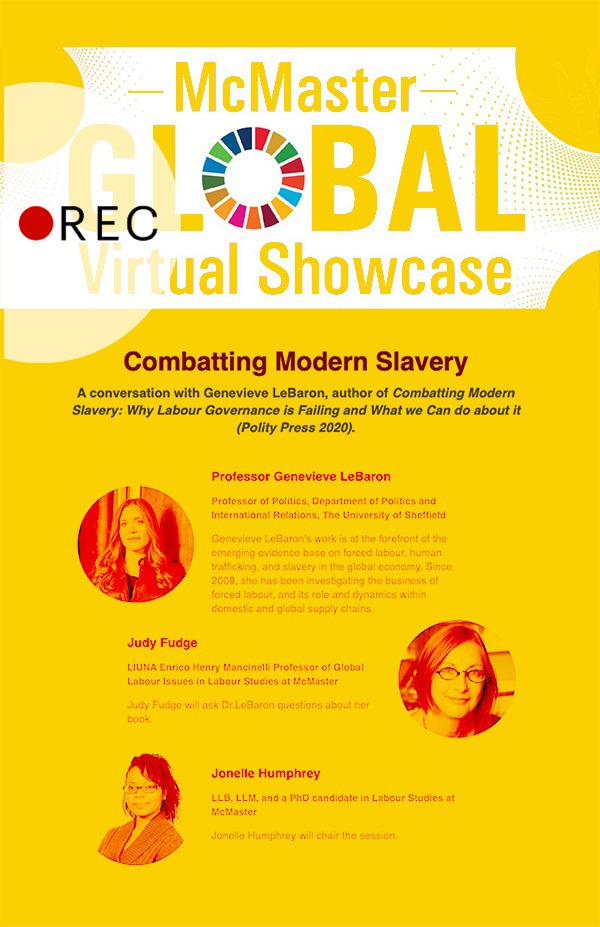
13 November 2020
Webinar
Combatting Modern Slavery. A conversation with Genevieve LeBaron, author of Combatting Modern Slavery: Why Labour Governance is Failing and What we Can do about it
Goal 8.7 of the United Nations (UN) Sustainable Development Goals calls on governments, companies and civil society to “take immediate and effective measures to eradicate forced labour and end modern slavery”. In her important new book Combatting Modern Slavery: Why Labour Governance is Failing and What Can we Do about it. (Polity 2020), Professor Genevieve LaBaron lifts the lid on a labour governance regime that is severely flawed and limited. She takes a close-up look at the millions of corporate dollars spent on anti-slavery networks, NGO partnerships, lobbying for new transparency legislation, and investment in social auditing and ethical certification schemes, to show how such efforts serve to bolster corporate growth and legitimacy as well as government reputations, whilst failing to protect the world’s most vulnerable workers.
In this online seminar, Judy Fudge (McMaster University) and Jonelle Humphrey (CRIMT PhD student and recipient of the Shirley Goldenberg-CRIMT Scholarship) conducted an in-depth conversation with the author about her book.
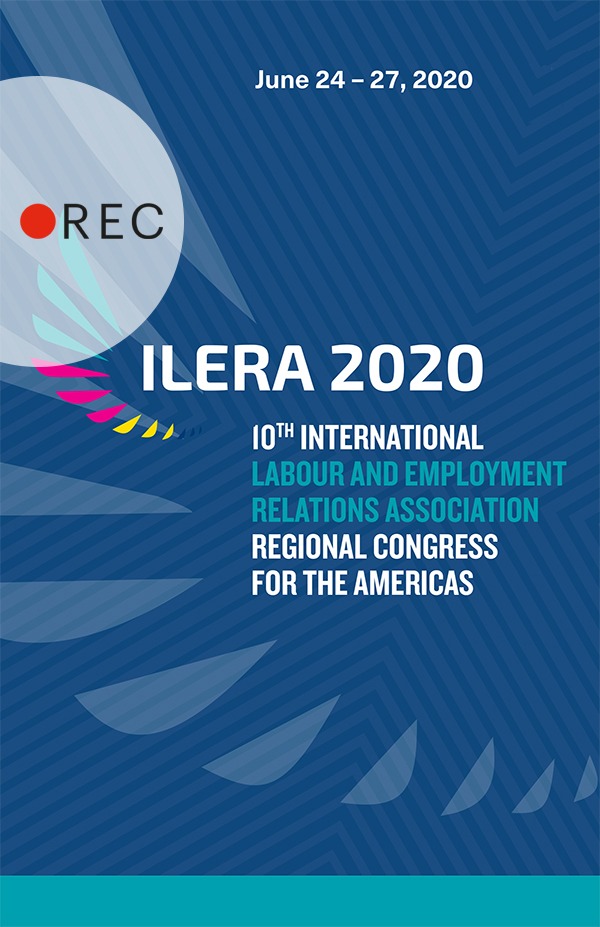
24-27 June 2020
ILERA 10th Regional Congress for the Americas
Virtual conference
Special Colloquium : CRIMT Partnership Project on Institutional Experimentation for Better (or Worse) Work
Organized jointly by the Canadian Industrial Relations Association (CIRA), Ryerson University Ted Rogers School of Management and ILERA, in association with numerous partners, including CRIMT, ILERA’s 10th Congress for the Americas aimed to provide a space for the study of work and employment from a global, multidisciplinary perspective, firmly rooted in the reality of workplaces and open to the diversity of ideas, interests and points of view as well as to critical thinking.
CRIMT held a special colloquium (6 workshops) mobilising the work of several coresearchers and student members of its Partnership Project on Institutional Experimentation for Better (or Worse) Work.
The recordings of these six workshops are available on CRIMT’s YouTube Channel, as well as on the CIRA Channel, co-organizer of the event.
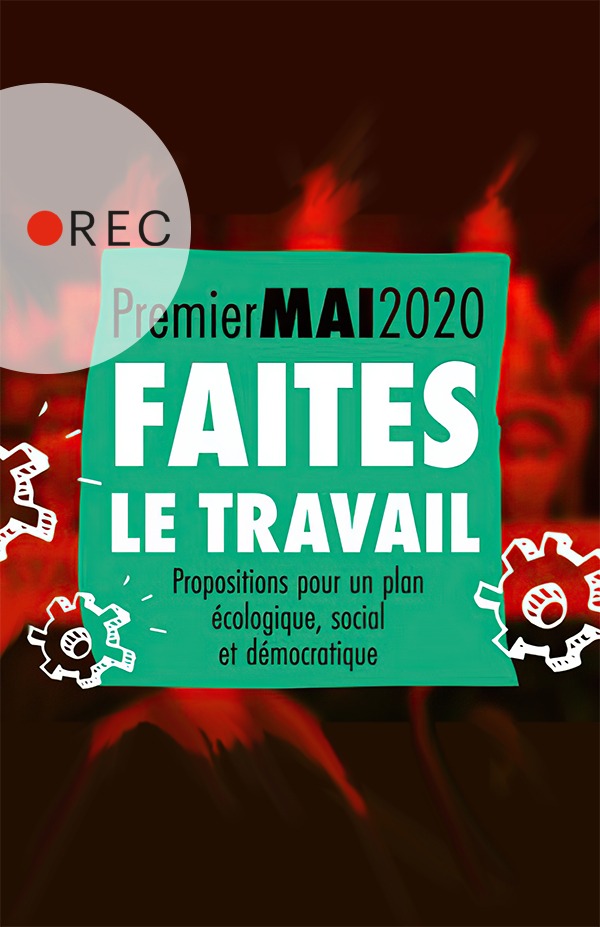
1 May 2020
Online Program-International Conference
Virtual Forum
FirstMAI2020 : GET THE JOB DONE. Proposals for an Ecological, Social and Democratic Plan
In the context of the Covid-19 pandemic, total lockdowns led to work being both mishandled and recognized in new ways. On May 1, 2020, the CESEP, the TED-CriDIS-UCLouvain group and the Federation of Social Services – FDSS, in partnership with the Actrices & Acteurs des temps présents, Econosphères, FEC Formation Education Culture, CRIMT, Smart Belgique, Propage-s, CIEP/MOC Brabant wallon, the Federation of Medical Houses, Associations 21 and POUR organized a talk show to discuss bold proposals for a reorganization of the world of work, so that the post-Covid era does not signal a return to the status quo or, worse, a hardening of prior positions.
The program was hosted by Isabelle Masson-Loodts (independent journalist) and Julien Charles (UCLouvain and co-researcher at CRIMT).
View the recording of this outreach activity.

10 January – 11 April 2019
Open course
Transnational Futures of International Labour Law
This 12-week lecture series, beginning on January 10 and ending on April 11, convened leading stakeholders in Canada and abroad, from within the ILO and beyond, to lead high-level discussions and to formulate recommendations on the role of transnational labour law in a globally interconnected world. Every week, participants were invited to join Professor Adelle Blackett’s classroom to present their research findings and share their expertise on emerging areas and pressing topics in international labour law. This seminar offered a unique opportunity to commemorate the ILO’s work over the last 100 years and critically reflect on the transnational futures of international labour law.
The video recordings of all conferences are available here.
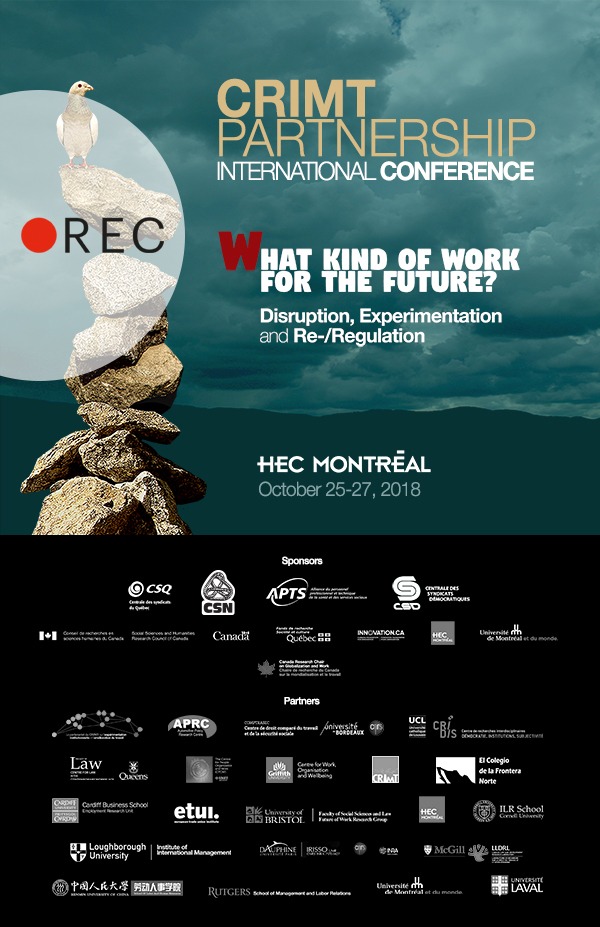
25-27 October 2018
Colloque international du CRIMT
HEC Montréal, Canada
Quel type de travail pour le futur ? Perturbations, expérimentations et re-régulation
This conference offered original contributions from academics and practitioners on two related themes: changes that disrupt the world of work and lead to the re-regulation of work and employment, and the forms of organisational and institutional experimentation that underpin or accompany these processes of change and re-regulation. Bringing together four panels of international specialists, more than 250 researchers from 21 countries in some 40 thematic workshops, followed by a one-day Community Forum, this conference brought together some of the world’s leading experts on work and employment.
To watch the scientific activities (panels and thematic workshops), please download the following file, then click on the author’s name or the title of the conference you wish to view. You will join CRIMT’s YouTube Channel, where the selected video will open.
Aimed primarily at social actors and mobilizing, within the same sessions, academics and practitioners from the world of work, the Community Forum aims to provoke (sometimes unlikely) encounters between the worlds of research and practice. The participants of the 2018 edition of the Forum discussed issues related to the future of work and addressed various themes, such as the renewal of union action repertoires, the digital transition, the challenges of equality, diversity and inclusion, transformations in the practice of collective bargaining, the prevention and post-vention of suffering at work, etc. The Forum also provided an opportunity for participants to discuss and exchange ideas and experiences on how to achieve better work, both within and outside traditional workplaces.
To view the Community Forum activities, please download the following file and then click on the name of the session you wish to view.
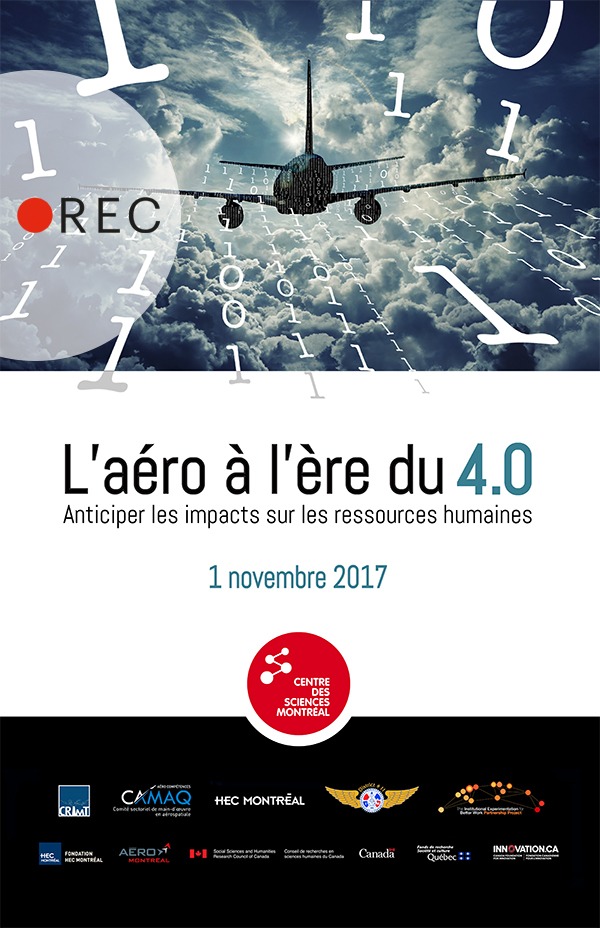
1 novembre 2017
National Forum
Montreal Science Centre, Canada
Aero in the Age of 4.0. Anticipated Impacts on Human Resources
Aerospace today is at the heart of the transition to Industry 4.0. In the era of “big data”, robotics and artificial intelligence, many people are questioning the transition process to 4.0 and the place of human resources within these transformations: what are the challenges posed by the transition to 4.0? What about the impact of 4.0 on human resources management?
This Forum, intended for managers and employee representatives, was designed to enable them to better understand the issues associated with the transition to 4.0, to identify the impacts of this transition on human resources and to identify possible solutions to meet the challenges of 4.0.
Organized in collaboration with the Comité sectoriel de main-d’oeuvre en aérospatiale and HEC Montréal, with the participation of Aéro Montréal and the International Association of Machinists and Aerospace Workers (IAMAW District 11), it stimulated both plenary exchanges with the speakers and small group discussions among the participants on topics that encouraged the sharing of experiences.
Video recordings of all conferences are available here [contributions mostly in French].
YouTube channels
CRIMT and its partner centres have YouTube Channels containing thousands of videos on work and employment. Several of these capsules deal with experimentations conducted by social actors in response to the challenges posed by the transformations currently affecting the world of work, such as the Covid-19 pandemic, the environmental crisis, the rise of the digital economy and of artificial intelligence, the fissuring and unbundling of the firm, the redefinition of the role of the State, the reconfiguration of global production networks and value chains, the transformation of values and the assertion of new identity claims. We invite you to take a look at them and then mobilize them in your courses, training sessions or strategic thinking.

CRIMT’s YouTube channel
CRIMT’s YouTube Channel features conferences delivered since 2017 as part of the activities organized by the center. These 250 or so video clips echo organizational and institutional research and experiments conducted in more than 25 countries, the majority of which are in the North American, European and Oceanic contexts.
Partner Centres’ YouTube channels
Featured
Thematic playlists
Every two months or so, CRIMT will propose new thematic playlists created from conferences captured in the context of the activities of the Centre, its partners or its coresearchers.
We propose a first on the consequences of the Covid-19 pandemic on work and employment. We invite you to browse through them and mobilize them in courses or training sessions.

Work in the Time of Covid-19
The first playlist focuses on the Covid-19 pandemic, its disruptive effects on work and employment, and the organizational and institutional experiments it is generating.

Democratizing Work: A Conversation on the Lessons of the Current Pandemic for the World of Work

Démocratiser le travail: une conversation sur les leçons de la pandémie
COVID-19, Essential Workers and Dignity at Work: Rethinking Social Protection

Doing things Differently: Women and Work

FAITES LE TRAVAIL. Propositions pour un plan écologique, social et démocratique

Situación de las empresas en la frontera norte ante el Covid-19

Impactos de COVID-19 en las empresas de Baja California

Labor Rights in the Age of Covid-19: A Conversation with ILO Director General Guy Ryder

The Impacts of Covid-19 on the Labor Market

Gig Worker Rights in New York State During the Pandemic and Beyond

Unions Responses to COVID 19: A Transatlantic Perspective

La démocratie dans le travail

Le travail vaut bien un Manifeste

Low Wage and Gig Work During the COVID-19 Pandemic

Higher Ed Collective Bargaining and Shared Governance in Responding to COVID-19

Labor Relations in Times of Pandemic

Employment and Unemployment During the COVID-19 Pandemic

Empowering Workers in the Fight Against COVID-19

Épidémie, une lutte de classes ?

Le travail à l'épreuve du Coronavirus

Confinement : quelles mutations du travail ?

De nouveaux indicateurs de richesse

Le Jour d'après : un retour en force des métiers peu qualifiés, mais essentiels ?
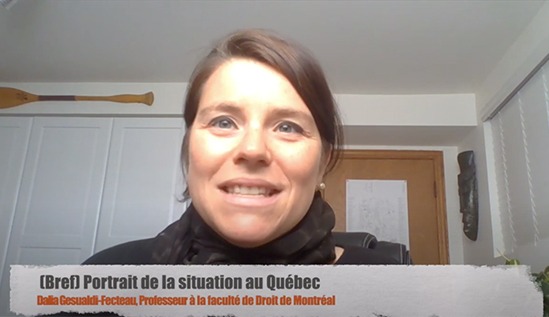
(Bref) Portrait de la situation au Québec
-
Democratizing Work: A Conversation on the Lessons of the Current Pandemic for the World of Work
“Working humans are so much more than ‘resources’”. This is one of the central lessons of the current crisis. So begins a manifesto drafted in the spring of 2020 in response to the Covid-19 pandemic, which argues that work needs to be democratized, de-commodified and made sustainable. The Manifesto has been translated in multiple languages and supported across the globe. This conversation on Democratizing Work, which took place on November 18th, was an opportunity to bring together its authors with leading representatives and specialists from the world of work in a dialogue about the Manifesto and current priorities for the pandemic and beyond. -
Démocratiser le travail: une conversation sur les leçons de la pandémie
Que nous apprend la crise actuelle ? En premier lieu, que les humains au travail ne peuvent être réduits à des « ressources ». Ainsi commence un manifeste rédigé au printemps 2020 en réponse à la pandémie de Covid-19, qui soutient que le travail doit être démocratisé, démarchandisé et viable sur le plan environmental. Le Manifeste a été traduit en plusieurs langues et bénéficié d’un soutien important dans le monde entier. Cette conversation sur la démocratisation du travail a eu lieu le mardi 17 novembre 2020. Elle fut l’occasion de réunir ses auteures avec d’éminents représentants et spécialistes du monde du travail dans un dialogue sur le Manifeste et les priorités actuelles et futures. -
COVID-19, Essential Workers and Dignity at Work: Rethinking Social Protection
Human Rights Workshop: Adelle Blackett Adelle Blackett, Ad. E., is Professor of Law and Canada Research Chair in Transnational Labour Law and Development at the Faculty of Law, McGill University, where she teaches and researches in the areas of labour and employment law, trade regulation, law and development, critical race theory and slavery and the law. Widely published in English, French and Spanish in the emerging field of transnational labour law, in 2015, she co-edited a Research Handbook on Transnational Labour Law. -
Doing things Differently: Women and Work
This seminar examines the gendered impacts of the COVID-19 pandemic. Looking in detail at the world of work, our academics discuss the care burden placed on women and the impact of coronavirus on women’s livelihoods in both the Global North and South. The panel address the solutions needed to ensure that women can look forward to a fairer world. -
FAITES LE TRAVAIL. Propositions pour un plan écologique, social et démocratique
JULIEN CHARLES, DOMINIQUE MÉDA, ISABELLE FERRERAS et al. (Premier MAI2020) -
Situación de las empresas en la frontera norte ante el Covid-19
REDI GOMIS (Colef Press) -
Impactos de COVID-19 en las empresas de Baja California
JORGE CARRILLO, REDI GOMIS, ALFREDO HUALDE, S.Santos -
Labor Rights in the Age of Covid-19: A Conversation with ILO Director General Guy Ryder
Guy Ryder, ALEC COLVIN, Desiree LeClercq (ILR School, Cornell University) -
The Impacts of Covid-19 on the Labor Market
ROSEMARY BATT, George Boyer, Nellie Brown, ALEX COLVIN, Risa Lieberwitz, RUSSELL WEAVER (ILR School) -
Gig Worker Rights in New York State During the Pandemic and Beyond
Senator Robert Jackson, Ileen DeVault, Brendan Sexton, Kim Cook, Steven Greenhouse, Brian Chen, MARIA FIGUEROA, Senator Jessica Ramos, Angeles Solis, Ken Jacobs, ALEX COLVIN (ILR Worker Institute) -
Unions Responses to COVID 19: A Transatlantic Perspective
ALEX COLVIN, Horst Mund, Angelo Di Cristo, Liz Shuler, Lise Lotte Toft, Ian Greer (ILRTWI) -
La démocratie dans le travail
ISABELLE FERRERAS (SMart) -
Le travail vaut bien un Manifeste
ISABELLE FERRERAS, Julie Battilana (France Culture) -
Low Wage and Gig Work During the COVID-19 Pandemic
JANICE FINE, David Lewin, Sarah Thomason, David Weil (LERA Webinar Series) -
Higher Ed Collective Bargaining and Shared Governance in Responding to COVID-19
Terry Curry, William A. Herbert, Risa L. Lieberwitz, Jamie Dangler, REBECCA GIVAN, Dale Kapla, Julie Schmid, Michael Eagen (LERA Webinar Series) -
Labor Relations in Times of Pandemic
Peter Cipparulo, ADRIENNE EATON, Eric Meyer, Patrick Westerkamp (LERA Webinar Series) -
Employment and Unemployment During the COVID-19 Pandemic
Eileen Appelbaum, Teresa Ghilarducci, Susan Helper, Michael Piore, PETER BERG (LERA Webinar Series) -
Empowering Workers in the Fight Against COVID-19
Julie Battilana, Sharon Block, ISABELLE FERRERAS, Benjamin Sachs, Archon Fung (Harvard Ash Center) -
Épidémie, une lutte de classes ?
DOMINIQUE MÉDA (28 minutes Arte) -
Le travail à l'épreuve du Coronavirus
DOMINIQUE MÉDA, Olivier Babeau (RT France) -
Confinement : quelles mutations du travail ?
DOMINIQUE MÉDA (UNSA Éducation) -
De nouveaux indicateurs de richesse
DOMINIQUE MÉDA (On s'adapte) -
Le Jour d'après : un retour en force des métiers peu qualifiés, mais essentiels ?
DOMINIQUE MÉDA (LCP Assemblée nationale) -
(Bref) Portrait de la situation au Québec
DALIA GESUALDI-FECTEAU (Colloque Droit du travail et Covid-19)
Multimedia Archive

2007-2017
How many times have you missed a lecture in a concurrent session and wished you had a second chance to see it? Or simply to view the proceedings of a conference that you were unable to attend? This compendium seeks to fill this need by making available, free of charge, close to 1,500 presentations (from academics and labour market players) delivered at major international conferences held at CRIMT during the 2007-2017 period. These presentations reflect organizational and institutional research and experiments conducted in more than 50 countries, the majority of which in the North American, European and oceanic contexts.
Aimed at university researchers and professors, students, labor market actors, journalists and policy makers, these conferences cover a wide range of topics, including economic and community development policies, gender studies, corporate social performance, union renewal, domestic work, ethical and sustainable development, labor relations and human resource management in multinational companies, citizenship at work, migrant workers, health and safety, pensions, comparative institutional advantage, corporate social responsibility, international framework agreements, new trade agreements, vocational training, working time and work-life balance, social negotiation, multi-level governance, legal pluralism and the future of labor law, democracy at work, the meaning and quality of work, etc.
